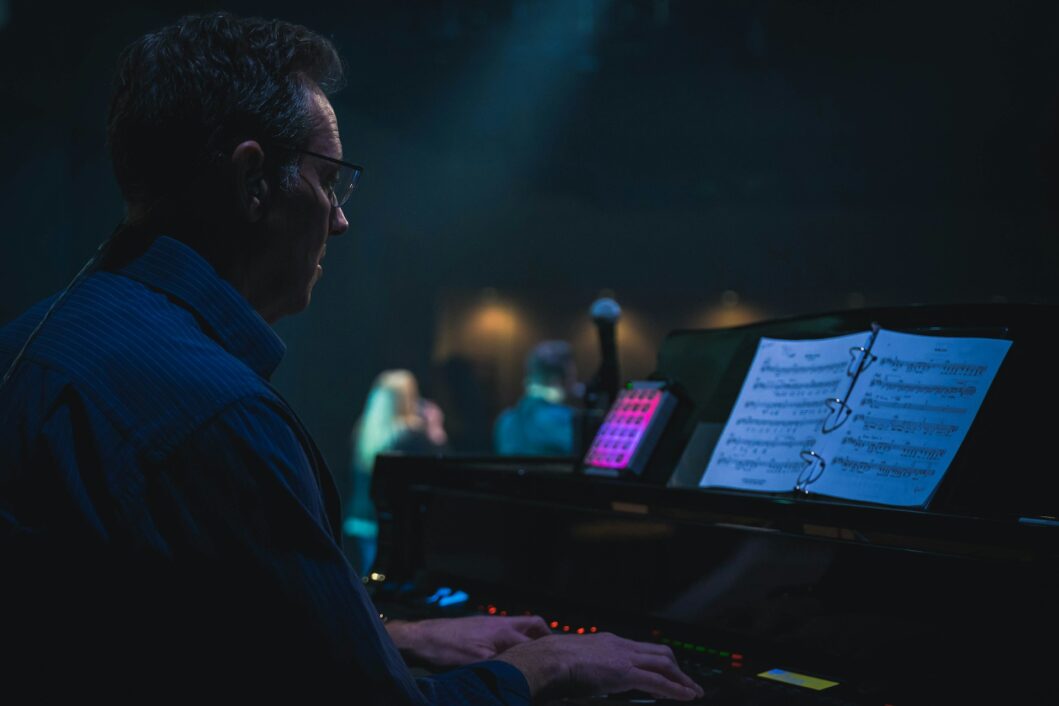Understanding the Role of a Composer
A professional music composer is much more than someone who writes melodies. Composers are storytellers who use music to evoke emotions, set moods, and enhance experiences across various platforms—films, games, advertisements, live performances, and more. They blend creativity with technical knowledge, balancing artistic inspiration with the practical needs of clients and audiences.
Building a Strong Foundation in Music
The first step toward becoming a composer is developing a solid understanding of music theory, harmony, rhythm, and orchestration. Many successful composers begin their journey by studying music formally at conservatories or universities, though some take a self-taught path. Beyond theory, learning to play an instrument—especially the piano or guitar—provides hands-on experience in creating and understanding sound structures.
Embracing Technology and Tools
Modern composers must be fluent in digital tools. Software such as Logic Pro, Cubase, or Pro Tools, and virtual instrument libraries allow composers to create professional-quality scores from their studios. A deep familiarity with these tools is essential for producing competitive work, especially for media industries like film, television, and video games where deadlines are tight and precision is vital.
Gaining Experience and Building a Portfolio
Practical experience is critical in establishing credibility. Many composers start by scoring student films, indie games, or local theater productions. Each project adds to a portfolio that showcases versatility and creativity. Over time, this body of work becomes a calling card for larger opportunities. Networking with directors, producers, and other creatives often opens doors to projects that can accelerate a composer’s career.
Developing Personal Style and Versatility
While technical skill is vital, what sets a composer apart is their unique voice. Successful composers develop a personal style that reflects their artistic identity while still being adaptable to different genres and client needs. Whether creating classical symphonies, electronic soundscapes, or jazz-inspired scores, versatility ensures steady demand in a competitive industry.
Perseverance and Passion
The journey to becoming a professional music composer requires persistence. Rejection and challenges are part of the process, but passion for music often drives composers forward. Staying inspired, continuously learning, and embracing collaboration are keys to long-term success.
Final Thoughts
Becoming a professional composer is a blend of art, skill, and resilience. With a strong foundation, technical expertise, and a passion for storytelling through music, aspiring composers can transform their creativity into a fulfilling and impactful career.

